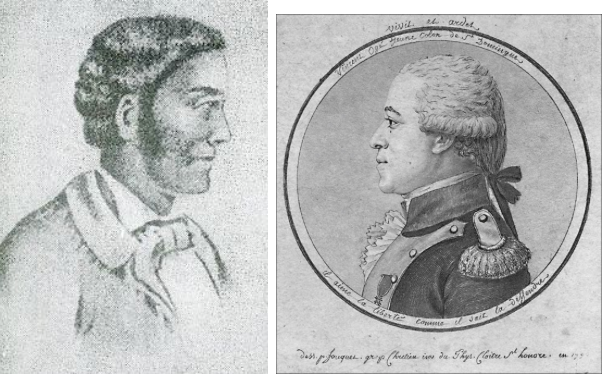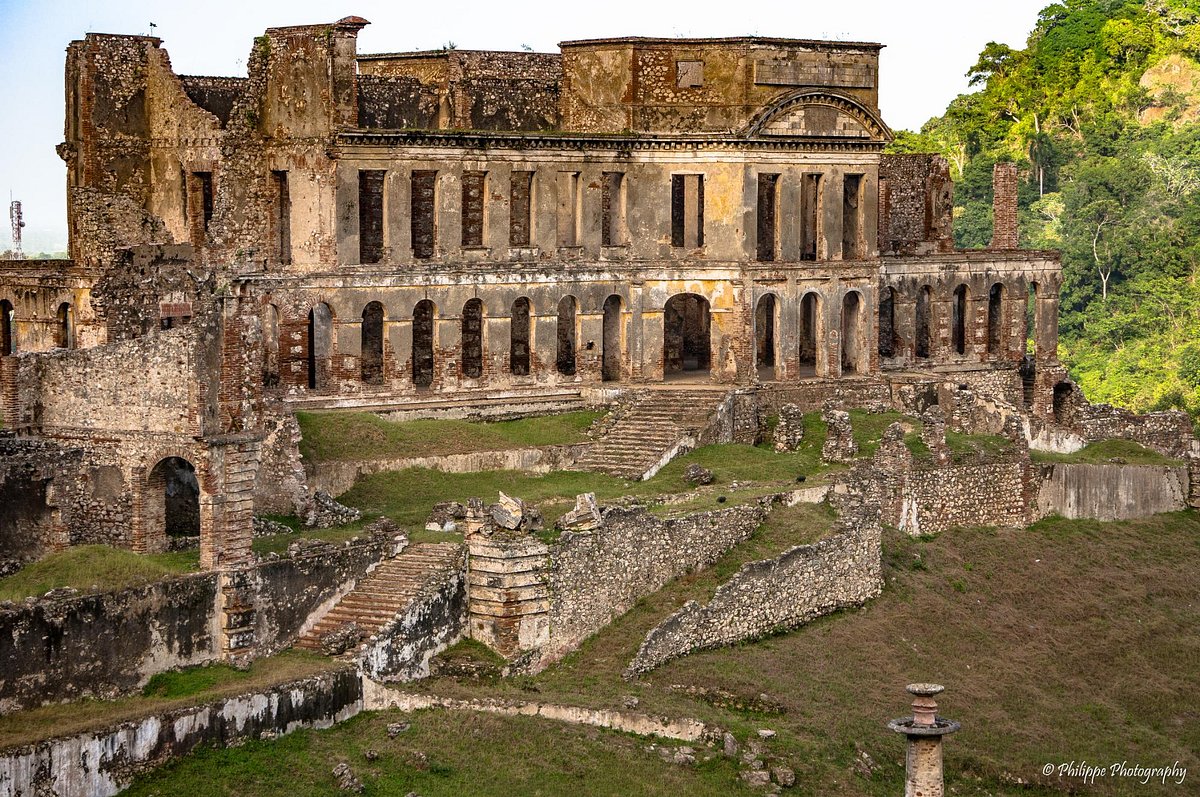Academic Affinities

Chapter 1
“The Booming Kingdom” explores the colonial relationship between Haiti and France, with comparisons to the American colonial relationship with Britain. This chapter examines the extraordinary success of colonial coffee and sugar from both environmental and economic viewpoints. Narrative in style, this chapter also introduces the civil rights struggle of free people of color, whose story was interwoven with the great movements of Paris during the French Revolution
Chapters 4 and 5
“An Unwelcome Guest,” illuminates the opportunities of independent Haiti in the world market, and challenges the prevailing view of young Haiti as a victim of major powers. “The Coffin Has Three Nails” pursues the Haitian indemnity, the delay of international recognition, and the American occupation of 1915. Responsibility for the disastrous bargain of recognition is placed, at last, squarely on the desk of President Boyer.
Chapter 2
“The Peculiar Trade” delves into the underexplored world of the West African slave industry. Rare sources expose the participation of West African monarchs in the sale of African people to European slave traders. The enduring school of thought in slavery scholarship, “the arms race theory,” is frontally challenged by contrary documentary evidence. The chapter places Haitian slavery in the context of the Caribbean and wider Americas, and challenges the idea that its slave population alone was the source of its great riches.


Coffee and sugar cultivation occupy an important part of the first chapter, since they were the source of great riches for colonials. The devastating price of land mismanagement, rarely discussed among Haitian historians, is discussed in Chapter 7. In the same chapter the cholera epidemic of 2010 is framed as Haiti’s failure to embrace the public health revolution of the early 20th century.
Selected Sources
English Writers
- Bryan Edwards
- Charles Mackenzie
- Francis Moore
- Gustavas Vassa
French Writers
- Jean Baptiste Guislain Wallez
- Pompee de Vastey
- Michel-Etienne Descourtilz
- S.J. Ducoeurjoly